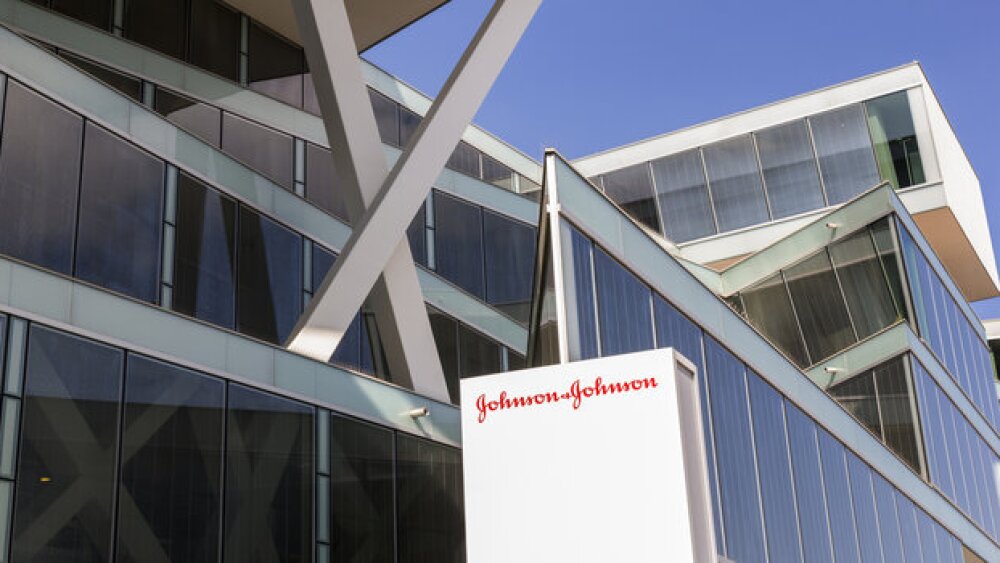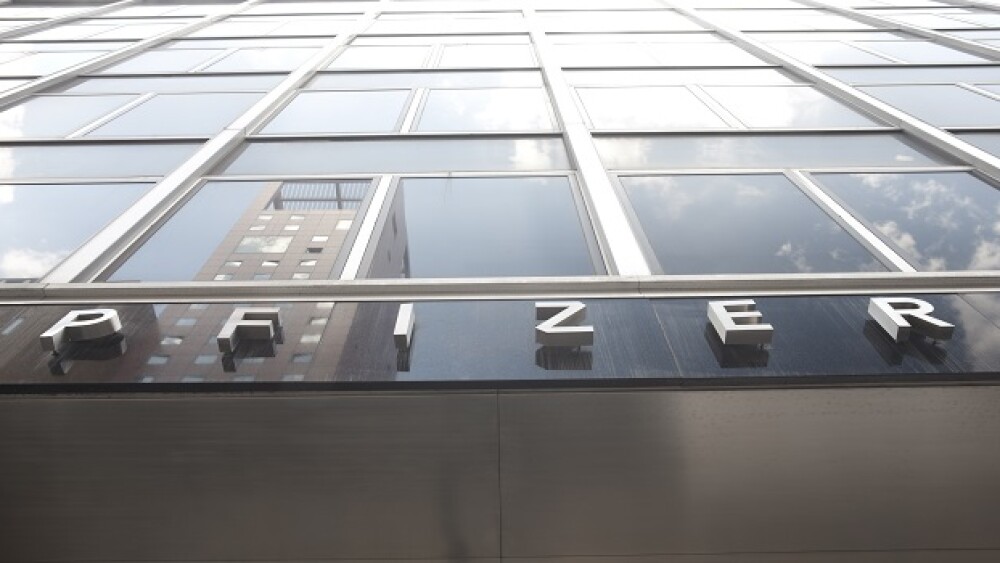With more than 25 years experience in chemotherapeutic products and cancer vaccines, she will lead the ongoing phase I/II trial in NSCLC
With more than 25 years experience in chemotherapeutic products and cancer vaccines, she will lead the ongoing phase I/II trial in NSCLC
Liège, Belgium, and Grenoble, France, September 9, 2019 – PDC*line Pharma, a clinical stage biotech company developing a new class of potent and scalable active immunotherapies for cancers, announces today that Dr Channa Debruyne joined the company in August as medical director, to lead the clinical research team.
A seasoned expert in clinical and scientific research into chemotherapeutic products and cancer vaccines, Dr Channa Debruyne will take over the management of the ongoing trial in non-small-cell lung cancer (NSCLC). The objectives of the phase I/II study (PDC-LUNG-101) are to assess safety, tolerability, immunogenicity and preliminary clinical activity of the drug candidate, PDC*lung01, associated or not with anti-PD-1 treatment in NSCLC. A total of 66 evaluable HLA-A*02:01 positive NSCLC patients will be included in the study at three clinical centers in Belgium and six sites in France. PDC*line Pharma obtained authorizations to start the trial in both countries in Q2, 2019.
“We are very pleased to welcome Dr Channa Debruyne, who will play a key role in the development of PDC*line Pharma’s clinical plan. She has the experience and expertise we are looking for to strengthen our management team,” said Eric Halioua, president & CEO at PDC*line Pharma. “With more than 25 years international experience in clinical and scientific research in chemotherapeutic products and cancer vaccines, she will lead the ongoing phase I/II trial with our cancer vaccine candidate (PDC*lung01) for NSCLC.”
Dr Channa Debruyne said: “It is with great pleasure that I join PDC*line Pharma. I look forward to working in close collaboration with the PDC*line Pharma management team to bring this cancer vaccine with a breakthrough technology to patients.”
Dr Channa Debruyne MD is a Belgian board-certified medical doctor and specialist in pharmaceutical medicine. She started her career at the European Organisation for Research and Treatment of Cancer (EORTC) as medical advisor and monitor for the Lung and the Head and Neck Cancer Collaborative group. From 1994 until 2002, she supported the collaborative groups in the design, conduct, analysis and reporting of large phase II and phase III international clinical trials (including some registration trials). In addition, she was involved in the coordination, training and monitoring of Clinical Research Associates. She then moved to the UK and worked at the European Medical Agency (EMA) as scientific evaluator in the orphan drug sector for almost five years. There, she was involved in validating, assessing and presenting applications to the Committee for Orphan Medicinal Products (COMP). In 2007, she joined the pharmaceutical company GSK Vaccines to lead the MAGE-A3 development and clinical teams for the phase III trial in NSCLC (MAGRIT study), as well as the phase III melanoma study (DERMA). In 2017, she joined the University Hospital in Leuven as director of the Clinical Trial Center.
About PDC*line Pharma
Founded in 2014 as a spin-off of the French Blood Bank (EFS), PDC*line Pharma is a Belgian-French clinical-stage biotech company that develops an innovative class of active immunotherapies for cancers, based on a GMP-grade allogeneic therapeutic cell line of plasmacytoid dendritic cells (PDC*line). PDC*line is much more potent than conventional dendritic cell-based vaccines in priming and boosting antitumor antigen-specific cytotoxic T-cells, including T-cells specific for neoantigens, and is synergistic with checkpoint inhibitors. The technology can be applied to any type of cancer. Following a first-in-human phase I feasibility study in melanoma, PDC*line Pharma focuses on the development of PDC*lung01, a candidate for non-small-cell lung cancer (NSCLC) and neoantigens (PDC*Neo).
The company has a staff of 22 people, with an experienced management team. It has so far raised €17M ($19.3M), including €7.6M ($8.6M) in equity and loans from Belgian investors (MeusInvest, Innodem3, InvestSud and SFPI) and several business angels, in addition to €9.3M ($10.5M) of non-dilutive funding (including grants from the Walloon region, Belgium, French entities and the European Commission).
In March 2019, the company granted an exclusive license to LG Chem Life Sciences Company in South Korea and an exclusive option in other Asian countries, for the development and commercialization of the PDC*lung01 cancer vaccine for lung cancer. The total deal value is worth €108M ($123M), plus tiered royalties on net sales in Asia.
www.pdc-line-pharma.com
About PDC*line Pharma’s technology
PDC*line’s biological features provide unique advantages:
- PDC*line is a professional antigen-presenting cell, much more potent than conventional DC in priming and expanding antitumor-specific cytotoxic CD8+ T cells (conventional tumor antigens and neoantigens)
- While allogeneic, PDC*line is not rejected by the host immune system and can be injected several times to boost the immune response
- PDC*line can easily be produced on a large scale, with a fully mastered and simple manufacturing process (use of bioreactors with a synthetic medium without growth, differentiation or activation factors)
- PDC*line is easy to use: after thawing, the same off-the-shelf product is used to treat the whole target population with a cancer type expressing the target antigens
- PDC*line is very versatile: tumor antigens can be provided by peptide loading, mRNA transfection or retrovirus transduction of PDC*line. The target population can be extended beyond HLA-A2 (currently used as it is expressed by 50% of the Caucasian population) by using other HLAs, either already expressed by PDC*line or added by genetic modification. Moreover, new candidates can be validated for new cancer indications in a few weeks, with ex vivo testing using human PBMC
- PDC*line synergizes with anti-PD-1 to activate antitumor CD8 T cells




